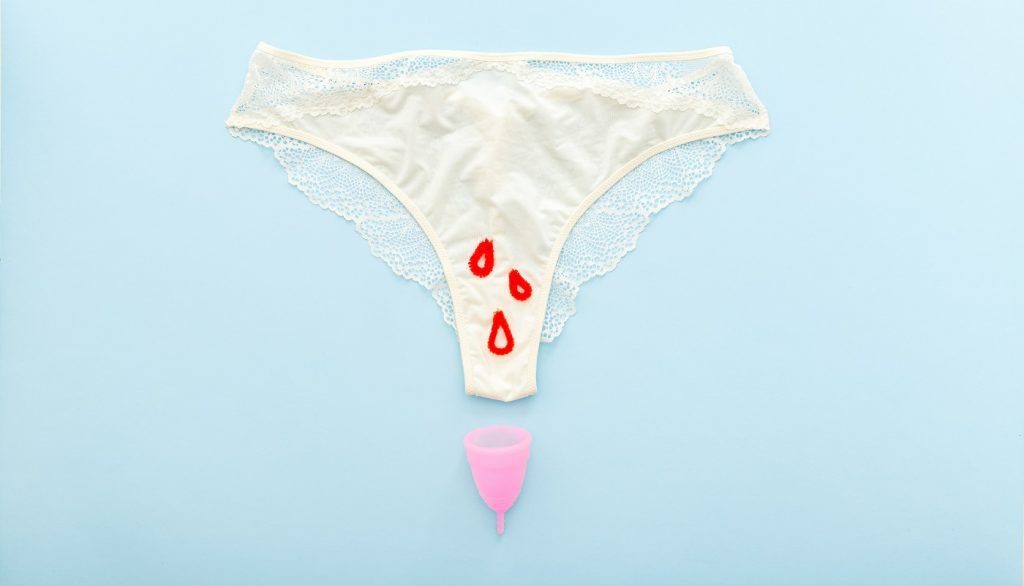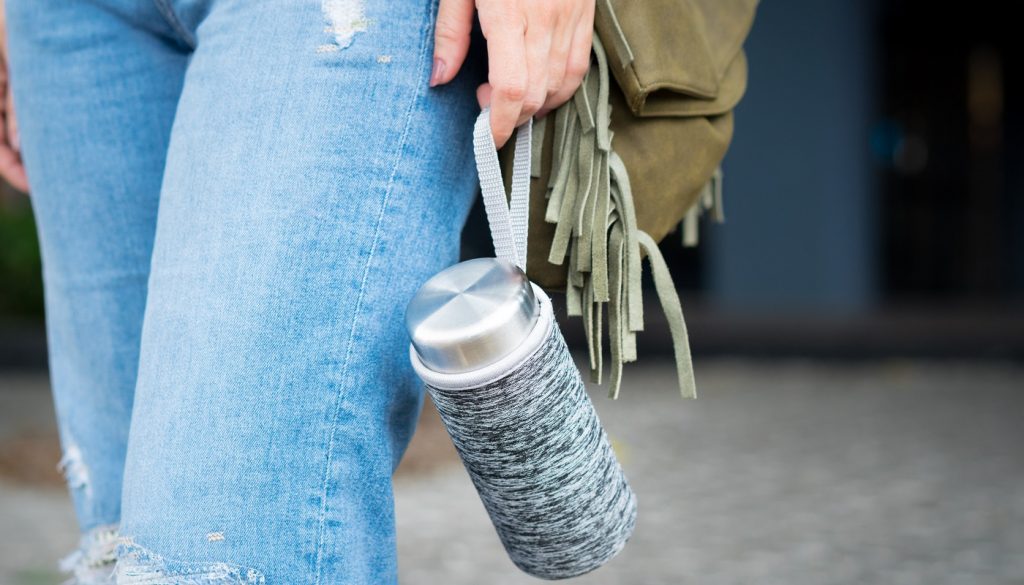You may have heard of zero waste, but what is zero landfill? In a way, this movement is like the corporate version of zero waste. It’s going zero waste, but on a very large scale (factories, not households).
Keep reading to learn what this is and what companies are already practicing it.
Here’s what you’ll find in this guide:
- What is zero landfill?
- Zero waste versus zero landfill
- 6 zero landfill consumer brands
- 4 zero landfill waste management companies
What is zero landfill?
Here are the basics of zero landfill initiatives:
When a company tries to go zero landfill, they focus on all of their solid waste that gets sent to (you guessed it) the landfill. This could mean they recycle or compost their existing waste, but ideally, they would also eliminate any unnecessary waste generated from operations.
In order to get impressive figures like 90% of all waste being diverted from the landfill, a company needs to keep tabs on the types of waste they generate and sort them appropriately. Often they will work with a waste management company to do this.
Going zero landfill can be an important step in a company’s sustainability journey. They might use it as a stepping stone to going zero waste, or even as a jumping-off point towards a circular economy.
Zero waste versus zero landfill
While finding ways to recycle and reuse waste is a good goal for companies to strive for, they’re still creating waste. A zero waste company would eliminate all byproducts from their operations, which isn’t quite the same.
You may have heard that recycling is misleading, and it’s true. It’s costly and resource-intensive to do, especially when all types of recycling are thrown together in a single stream.
While some recyclable prodigies like glass and aluminum can be recycled indefinitely, plastic is the problem child of the bunch. Plastic is made with fossil fuels, making it versatile and adaptable to different applications. But that means there are many types of plastic that all get lumped together, making it harder to process them for recycling.
On top of that, plastic degrades in quality every time you recycle it. While a wine bottle can be recycled to create another wine bottle, a plastic water bottle can’t make another water bottle. A lot of the time, it’s more cost-effective for companies to use virgin plastic instead of recycled plastic.
Plastic can be recycled, but that shouldn’t be the end of the story. Ideally, we should find ways to cut down on single-use plastics and switch to aluminum, glass, and compostable packaging.
So even if a company has zero landfill operations, they could still be generating and recycling plastic. Recycling that plastic is better than throwing it away, but it’s still not the end-all-be-all solution for corporate sustainability.
6 zero landfill consumer companies
While zero landfill certification isn’t everything, it’s a step in the right direction for corporate sustainability. Inclusion on this list isn’t necessarily an endorsement, but it’s still valuable to acknowledge the work these companies are doing.
1. Samsung
This tech giant has zero landfill certification from UL for all of its plants that create semiconductors.
They have five facilities that create semiconductors, and four of them are certified at UL’s Gold Standard, while one is Platinum. See a figure from Samsung’s sustainability page for statistics on their resource efficiency:
2. Diamond Packaging
This major packaging company works with many big brands, including those from Procter & Gamble (L’Oreal, Secret, Gillette, etc). They worked with Covanta to reach zero landfill status in 2011.
3. Procter & Gamble
P&G is an international consumer goods company that owns popular household brands like Crest, Bounty, and Tide. They made a commitment in 2010 to be completely zero landfill by 2020, and they made good on their promise. Their 2020 Sustainability report showed that 92% of their manufacturing sites have achieved zero manufacturing waste to landfill.
4. Subaru
Subaru led the charge in zero landfill initiatives: they can boast as the first American manufacturer to run a zero landfill operation. They have been certified for zero waste-to-landfill since 2004, and have since used their expertise to advise other organizations in their zero landfill goals.
Subaru also has several other sustainability initiatives, including partnerships with TerraCycle and the US National Parks Service.
5. Avocado Green
This Los Angeles-based mattress company is a sustainable favorite, and their zero landfill manufacturing process is just the cherry on top. They gained certification from UL in 2020, and hope to reach a higher degree of landfill waste diversion this year.
6. Molson Coors
Molson Coors is the owner of several prominent beer brands like Miller Lite and Coors Light. In their 2020 Environmental, Social, and Governance report they claim that 17 of their major processing facilities have achieved zero landfill status.
4 waste management companies
These organizations help companies achieve zero landfill status by auditing their current waste and streamlining operations for more resource efficiency. Some offer certification, while others work within the guidelines of another certification process.
1. Underwriter Laboratories
Underwriter Laboratories (UL) is an independent organization that certifies businesses in workplace safety and corporate sustainability. Their requirements for certification are as follows:
- Bronze: at least 90% of all waste is diverted from the landfill
- Silver: 90-94% of all waste
- Gold: 95-99% of all waste
- Platinum: 100% of all waste
UL also works in business advisement to help companies achieve their sustainability goals. Their Sustainability Consulting program helps businesses profit off of energy efficiency and waste reduction.
2. NuCycle Energy
This waste management company not only helps companies cut back on the waste they send to the landfill, they also utilize the remaining waste as alternative fuel.
NuCycle’s “Enviro-Fuelcubes” are made of pre-consumer paper and textile waste, and are designed to be combusted. Although it’s not the cleanest alternative to fossil fuels, it’s ideal for energy-intensive industries like cement and lime manufacturing.
3. Waste Management Solutions
Waste Management Solutions, like you may have guessed from their name, is a waste management company that serves companies from many industries in the United States. Their zero landfill program helps companies cut down on byproducts and reuse or recycle what’s left.
4. Covanta
Covanta works with organizations to help them adhere to environmental standards from the EPA, as well as work towards their own sustainability goals. They have facilities across the United States working with waste management and waste-to-energy production.
Final thoughts
Even though zero landfill initiatives don’t solve all of a company’s sustainability problems, it’s still corporate behavior that we should encourage.
If you’re concerned about your own landfill waste, check out our article on how to deal with e-waste.





